To provide the best experiences, we use technologies like cookies to store and/or access device information. Consenting to these technologies will allow us to process data such as browsing behaviour or unique IDs on this site. Not consenting or withdrawing consent, may adversely affect certain features and functions.
The technical storage or access is strictly necessary for the legitimate purpose of enabling the use of a specific service explicitly requested by the subscriber or user, or for the sole purpose of carrying out the transmission of a communication over an electronic communications network.
The technical storage or access is necessary for the legitimate purpose of storing preferences that are not requested by the subscriber or user.
The technical storage or access that is used exclusively for statistical purposes.
The technical storage or access that is used exclusively for anonymous statistical purposes. Without a subpoena, voluntary compliance on the part of your Internet Service Provider, or additional records from a third party, information stored or retrieved for this purpose alone cannot usually be used to identify you.
The technical storage or access is required to create user profiles to send advertising, or to track the user on a website or across several websites for similar marketing purposes.
 Undoubtedly, the remote work revolution is in full swing. But it’s messy. Kolekti’s new Save the Knowledge Worker report found a colossal 96 percent of workers desire some form of remote work, and one in three employees is willing to quit if forced to return to the office full-time. And yet, which business leader can say their organisation has perfected the strategy for remote work? Most are still experimenting, tinkering, and tweaking. Even the end destination may be unclear for some. (more…)
Undoubtedly, the remote work revolution is in full swing. But it’s messy. Kolekti’s new Save the Knowledge Worker report found a colossal 96 percent of workers desire some form of remote work, and one in three employees is willing to quit if forced to return to the office full-time. And yet, which business leader can say their organisation has perfected the strategy for remote work? Most are still experimenting, tinkering, and tweaking. Even the end destination may be unclear for some. (more…)









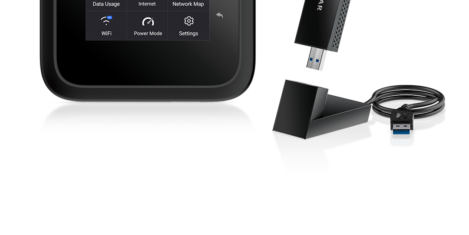
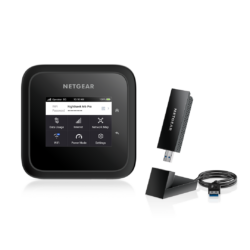
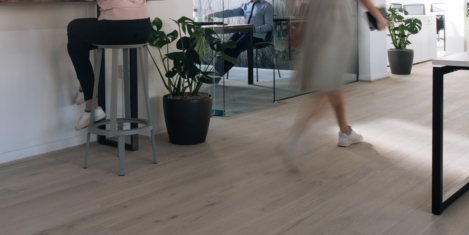
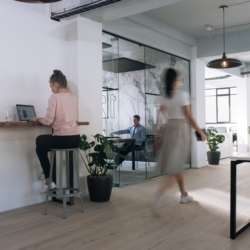









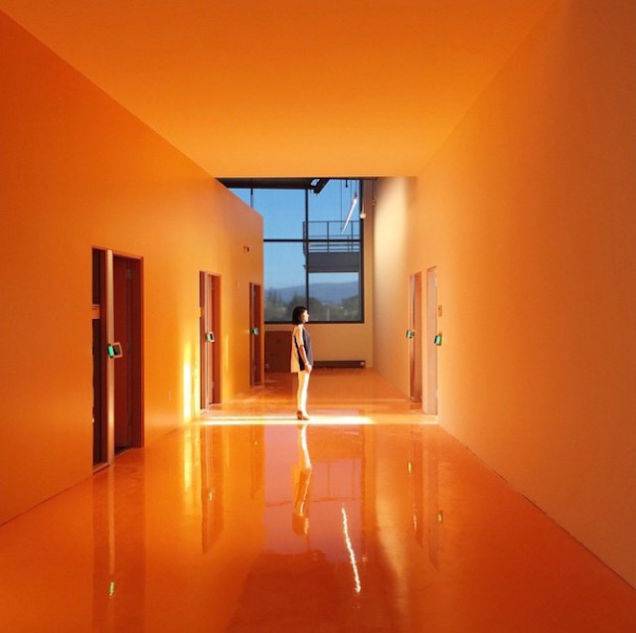


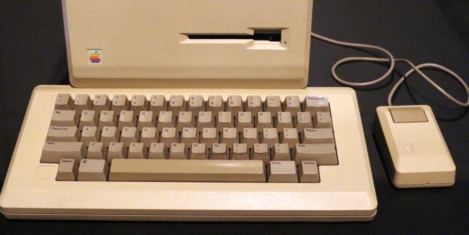
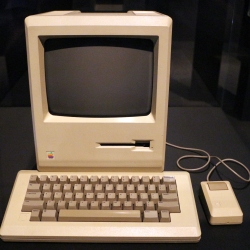









June 10, 2024
What happens to work when the machine stops?
by Mark Eltringham • Comment, Flexible working, Technology
In 1909, E M Forster – not exactly known for a body of work replete with dystopian fiction – published a novella called The Machine Stops. You can read it here but the story describes a future in which people live below ground, in isolation but with all their needs met by an omnipresent Machine (you can see where this is going). (more…)